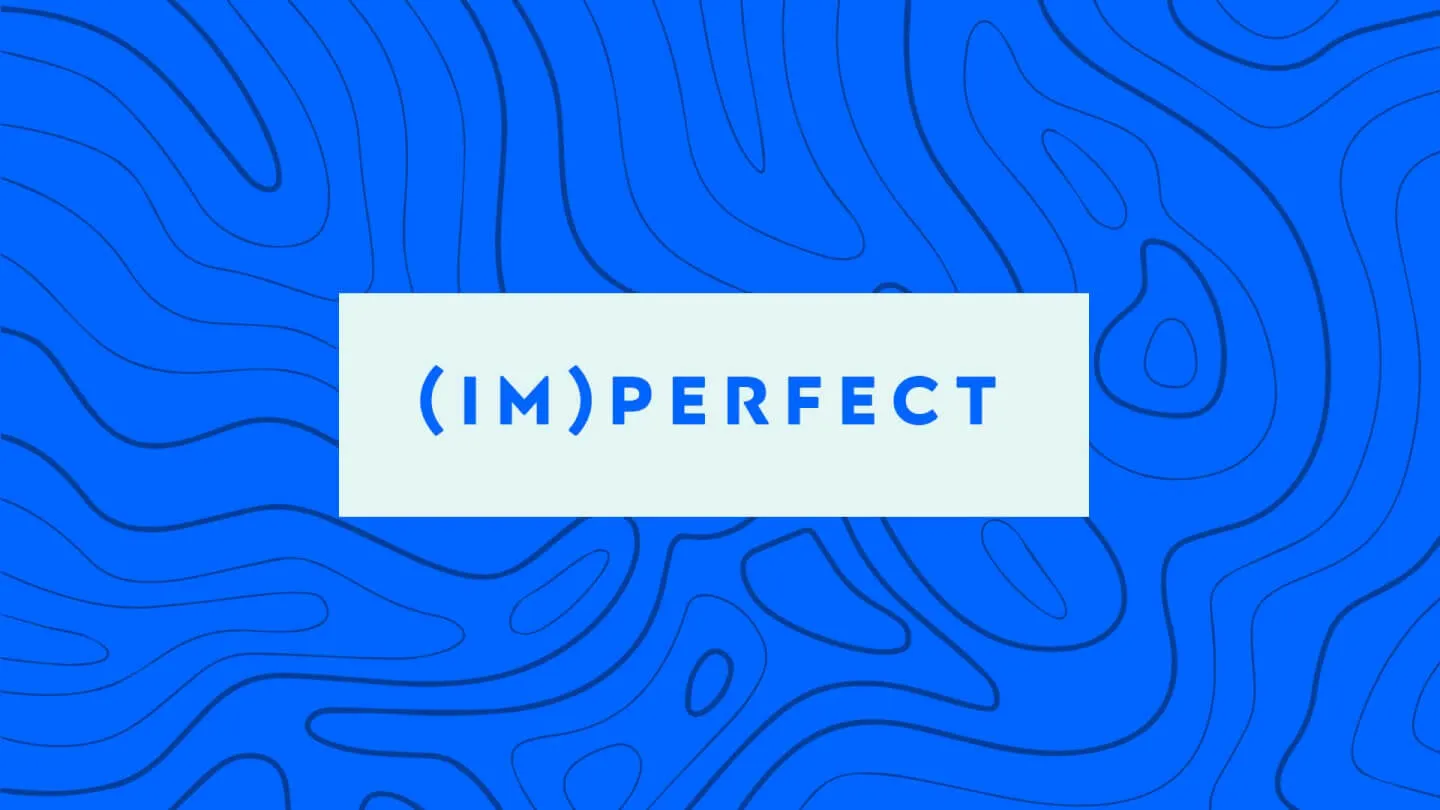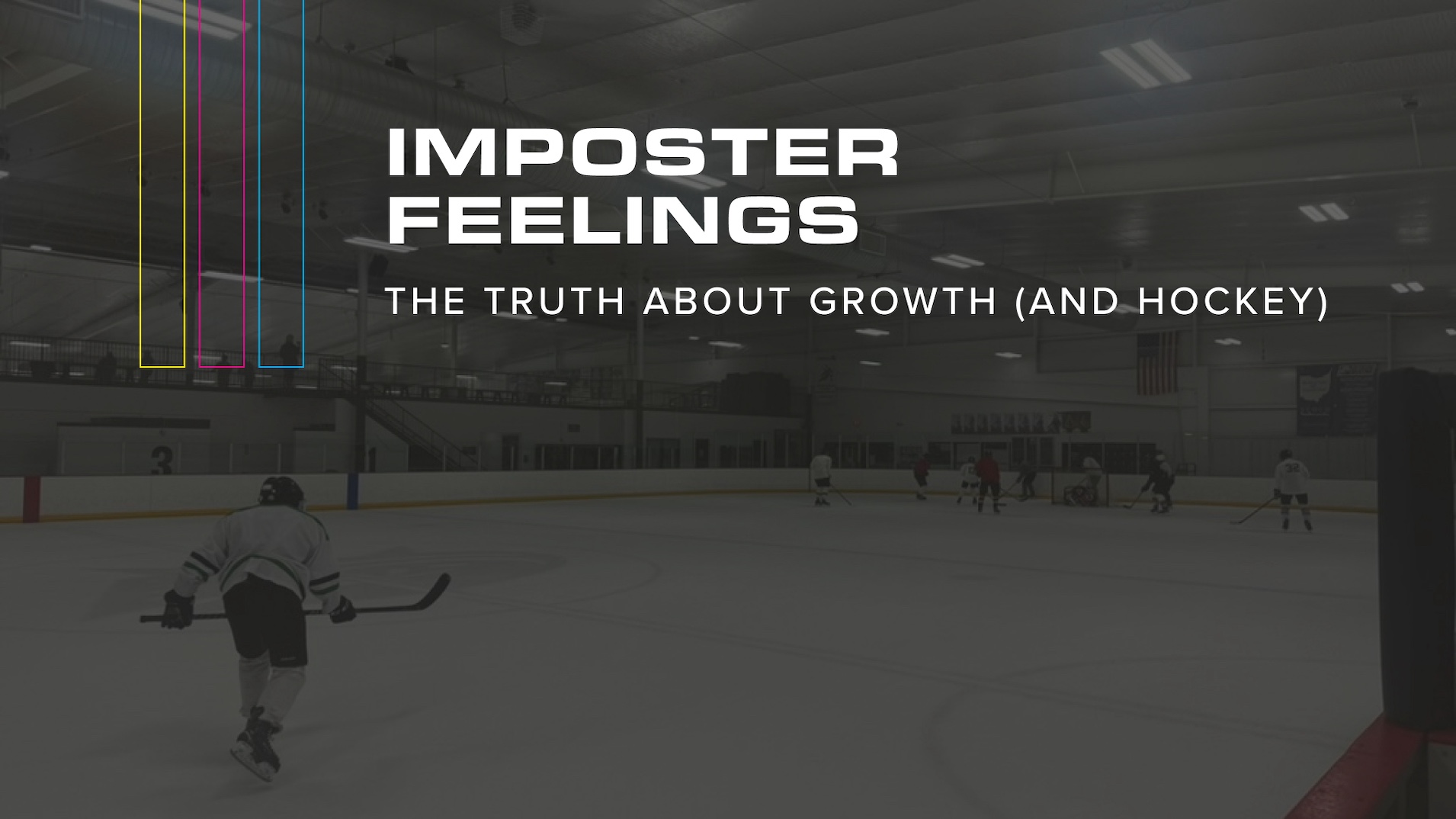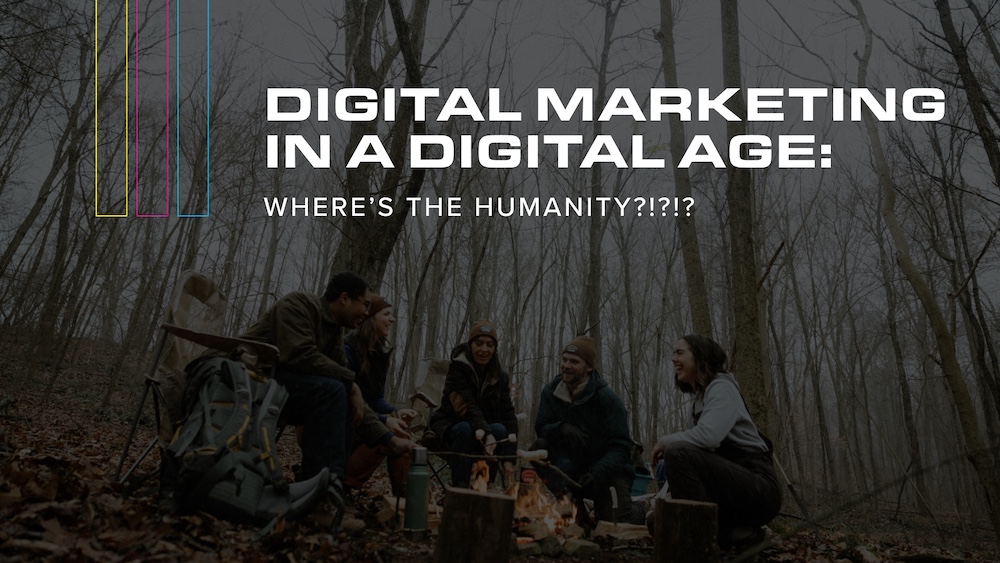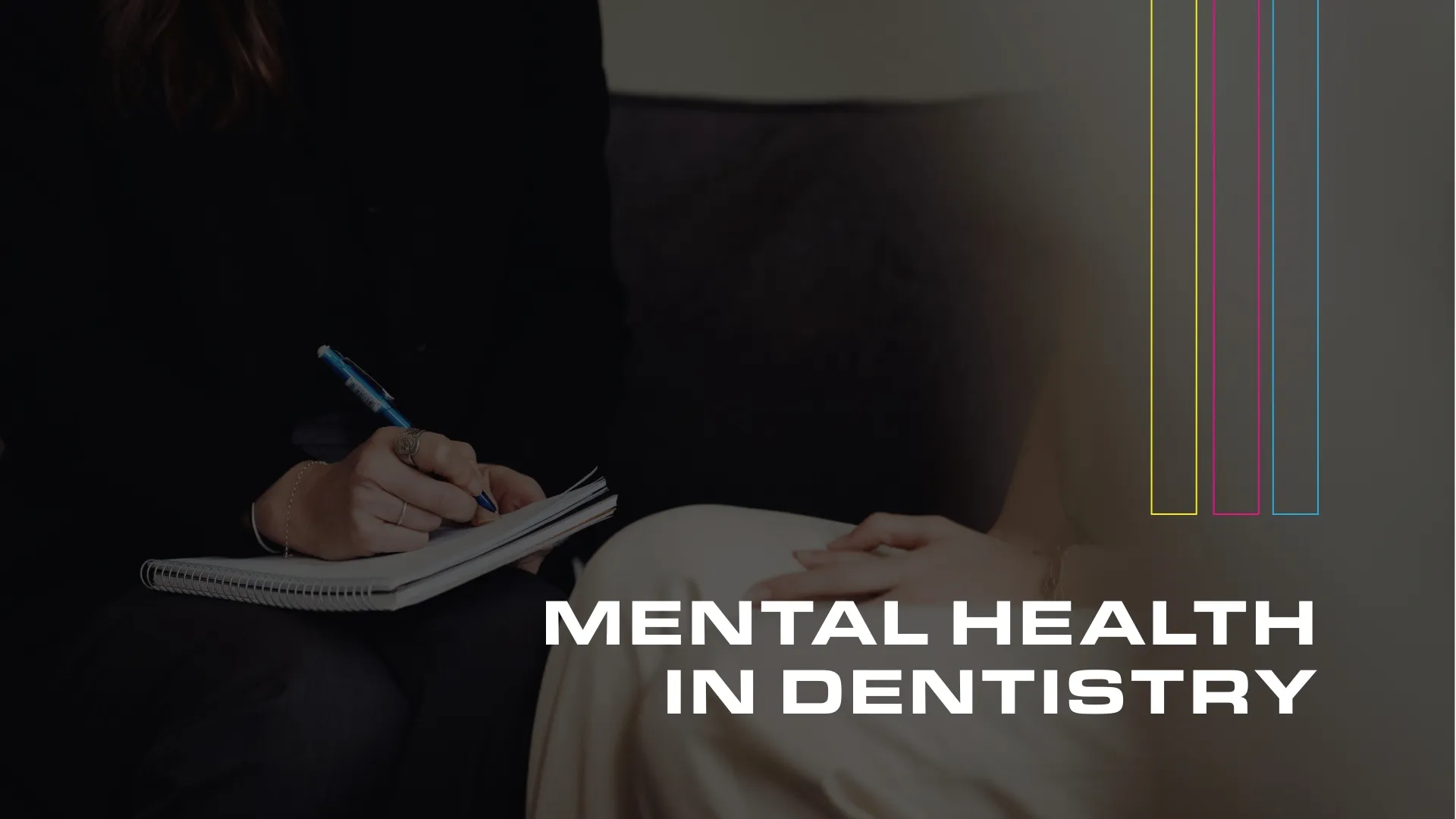(Im)perfect
Hello, my name is Joe, and I’m a recovering perfectionist.
I’ll be honest, I used to think that perfectionism was a good thing – especially when it came to my work. I thought that “perfect” was the goal, and anything less should be avoided at all costs. It’s a tempting thought, isn’t it? Creating something perfect sounds so, well, perfect. The problem is that it isn’t. Judging ourselves with perfection as the standard makes work stressful, unhealthy, and, ironically enough, holds us back from doing our best work.
I think writer & speaker Jon Acuff says it best:
“Perfectionism is a poison that pretends to be a vitamin.”
I’m going to take a moment here to be honest and vulnerable with you. One thing I’ve discovered over the years is that the root of my perfectionism is insecurity. It’s easy for me to believe that my worth as a human is directly correlated with the quality of my work. Why? I think it’s because my personality type craves affirmation. And throughout my life, I’ve received the most compliments and praise for creating really great work.
I would put huge amounts of time and energy into creating a piece of work that I considered to be “perfect”, then I would subconsciously consider that work to be an extension of myself, thus crushing my soul at the slightest sign of criticism. This turned into a cyclical pattern that drove me to create consistently good work, but also held me back from doing better work. Why? Because better work required growth, and growth required taking risks, and risks would lead to mistakes, which could lead to criticism, which leads to rejection, which diminishes my perceived value as a human. Yikes!
Of course, this couldn’t be further from the truth. How do I know? Because the standard I use to judge others is way more realistic than the standard I had been using to judge myself. Like most people, I believe that every human is inherently valuable – just by virtue of being a living, breathing person, you have value. I also know that the people in my life who truly love me couldn’t care less about the work I do. They love me because I’m me – nothing more, nothing less. I would never expect perfection from anyone else, so why should I expect it from myself?
This is the core problem with chasing after perfection: it doesn’t exist. That’s right. We’re humans, which means that we are imperfect, both on a macro level as a species and on a micro level as individuals. We all know that this is true. No matter how hard we try, we’ll never get everything right. The truth? Perfection is a mirage. It looks beautiful, but we’ll never arrive there because it’s not real. The sooner we can accept that fact for what it is, the sooner we can redirect our energy from chasing a mirage to striving towards a much healthier alternative: doing our best.
You might be thinking, “I have to be perfect, my patients count on it.” I get it. Malpractice lawsuits are a real thing, and the consequences of a mistake in your world could be much higher than in mine. But as a patient, I can honestly say that when I visit any health professional, I’m counting on her to do her best. I expect a skillful hand and an open mind, but I don’t expect a perfect diagnosis, and I don’t expect every procedure to go flawlessly. I would rather have a doctor who can clearly see his humanity than one whose vision is obscured by the mirage of perfectionism. One who can “speak human” instead of trying to impress me with her intellectual prowess. A doctor who does his best – not one who is afraid to try.
I believe that we can be our best selves and do our best work when we embrace our imperfection. Here’s the key: Stop seeing your work as an extension of yourself.
Once you’ve created something, let it take on a life of its own. You are not your work, so stop wasting your energy trying to create something perfect. Just do the best that you can. You’ll find yourself much more willing to try new things, make mistakes, and grow. As you grow, you’ll see this new healthier cycle repeat itself and your work will get better and better. You’ll also find that it will become much easier to accept criticism and see it as a tool to improve instead of viewing it as a personal attack.
In the end, I think the healthiest thing we can do is let go of the idea that perfection is the goal. Once we detach our worth from our accomplishments, and stop trying to be our perfect selves, we give ourselves the permission to be our best selves. If you find yourself struggling with perfectionism, here are a few great resources that have helped me tremendously: The Gifts of Imperfection (Brene Brown, Ph. D.), The Now Habit (Neil Fiore, Ph. D.), Finish (Jon Acuff).





